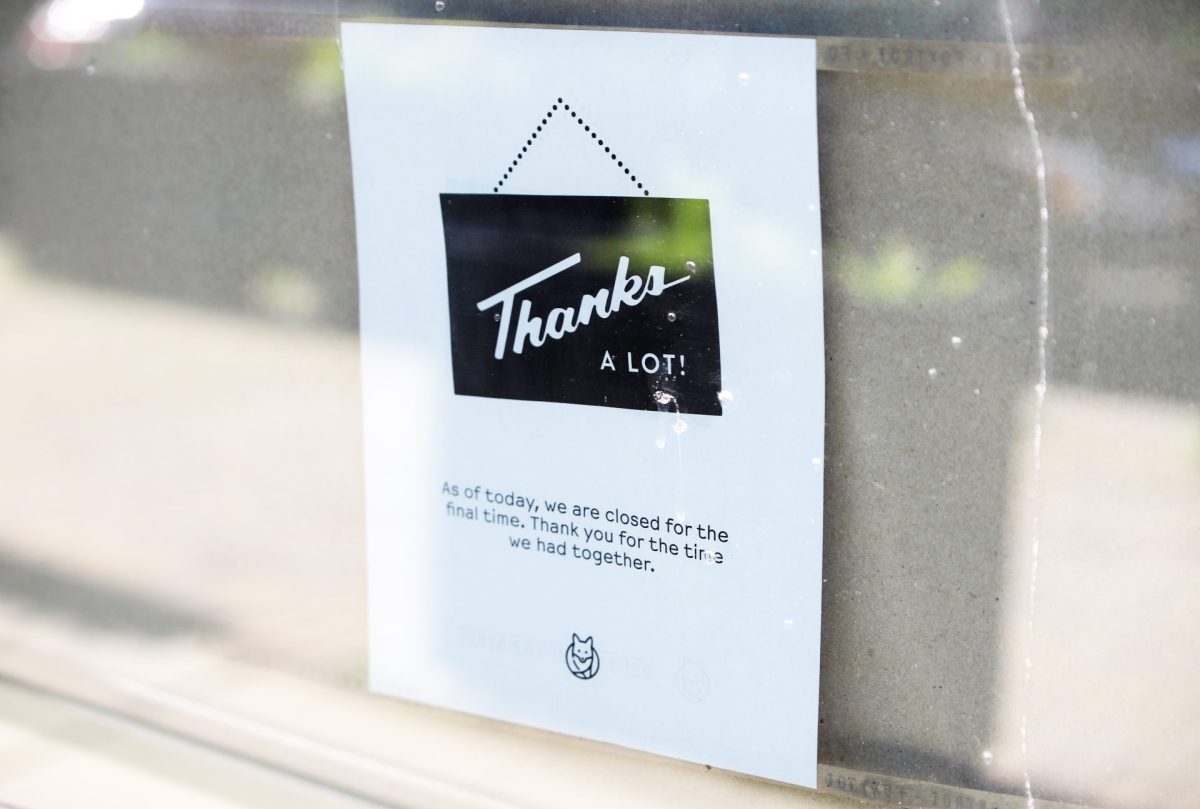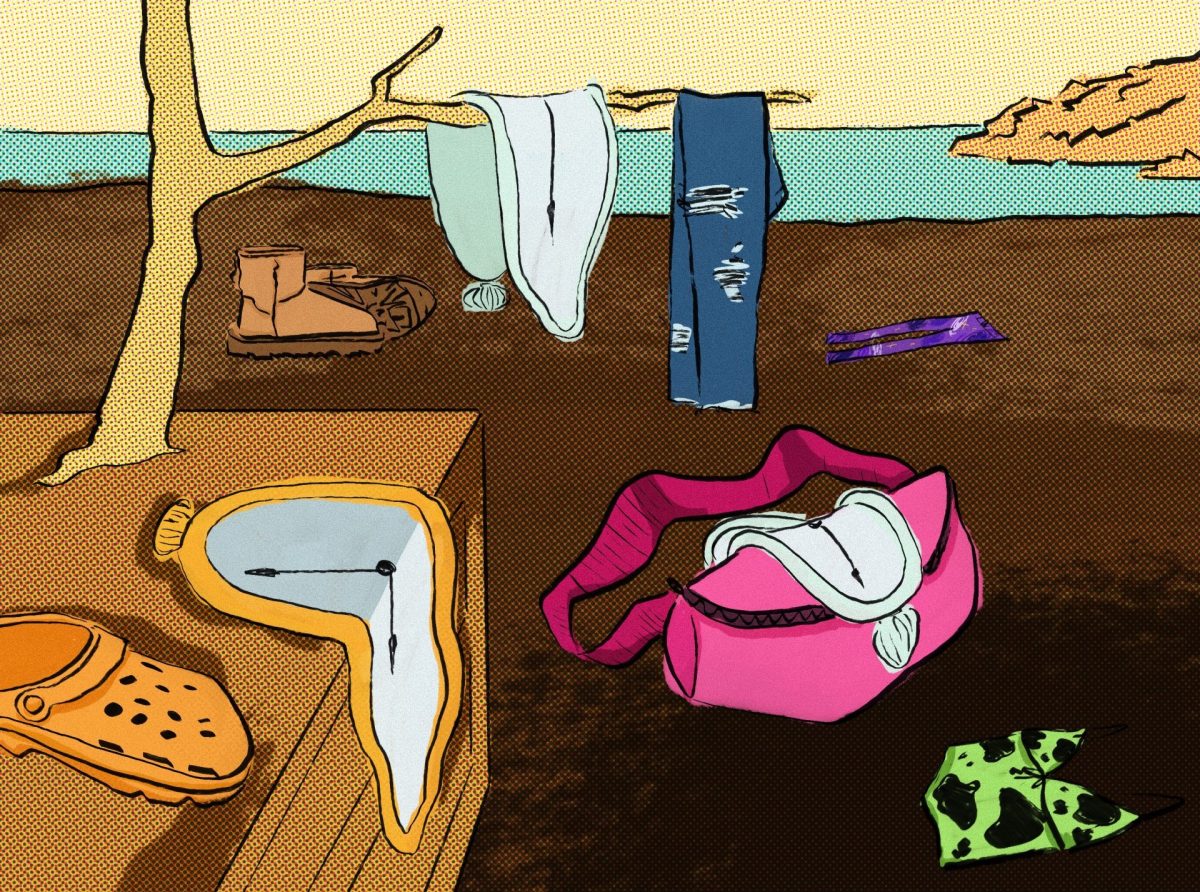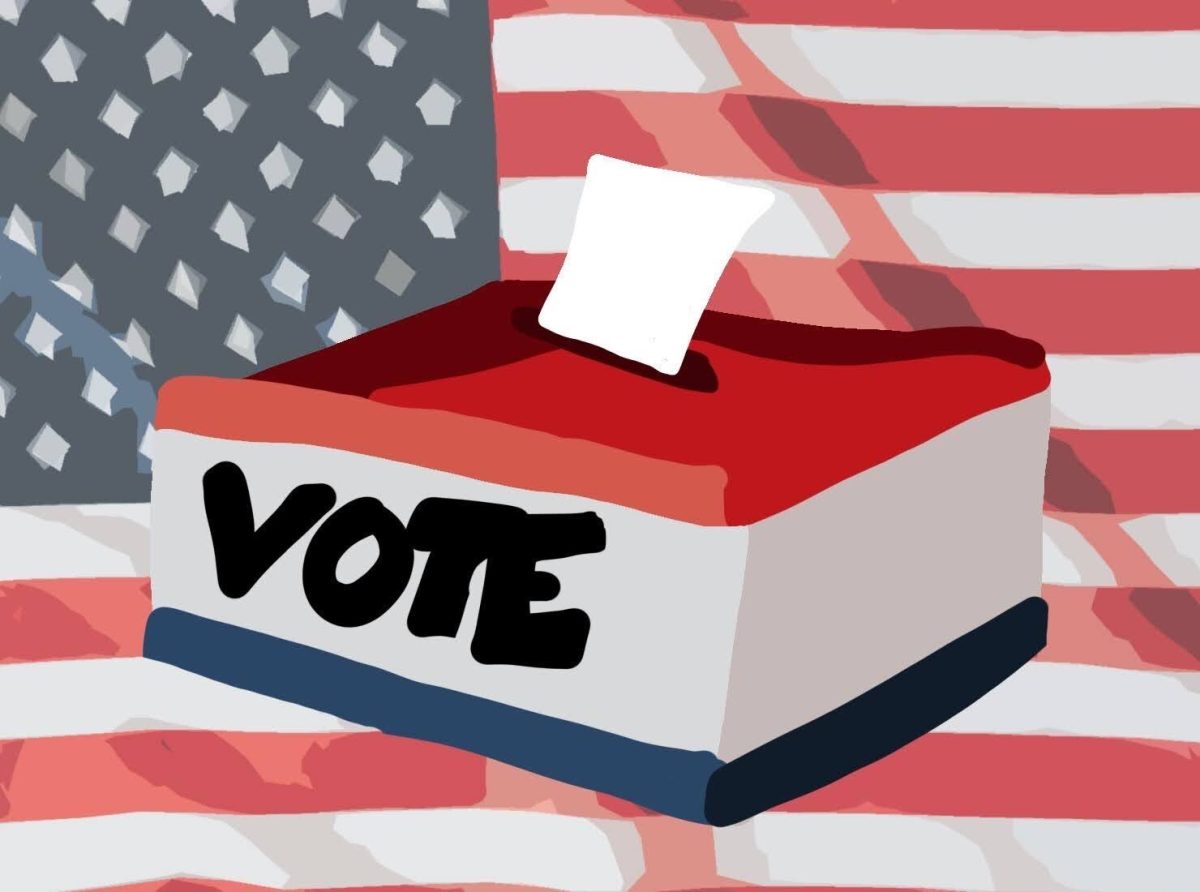Over the past few weeks, two articles have appeared in the DePaulia (“Students explore their Jewish culture on Taglit Birthright Israel” and “A Palestinian viewpoint of Birthright trips to Israel”), giving voice to two perspectives on Birthright Israel trips. The first article was written by a Jewish student about her experience on a Birthright trip. The second was written by a Palestinian student, who wrote about her views of Birthright and her own experiences traveling to the region.
In response to both of these articles, I want to first acknowledge the legitimacy of both perspectives. Such personal accounts are powerful means through which to explore different viewpoints and to deny the validity of either is to close ourselves off to an important dialogue.
But with such power comes also a great responsibility. Despite the emotional nature of these pieces, we cannot excuse them from the rigors of journalistic accuracy. The experiences of the individuals is entirely their own, and I in no way intend to question their truth. However, in articulating those stories, it is crucial that their writers reveal that truth through careful, honest expression.
In response to the Palestinian student’s article, there are two points of clarification I want to make.
The first point I want to make is with regard to some of the terminology used by the Palestinian student. In her piece, she discusses how she was barred from traveling on “Jewish-only” roads. Such roads do not exist. In Israel, there is a system based on license plates that demarcates one’s citizenship – Israelis have white license plates and Palestinians have yellow ones. There is no color for Jews. Arab, Muslim, Christian and any other non-Jewish Israeli citizen is given the same license plate as their Jewish Israeli counterpart.
While this distinction may appear to be minor, it is, in fact a crucial one to be made, and reflective of a much larger issue at play. “Jewish” and “Israeli” are not synonymous, and when we confuse and conflate those terms, we blur the line between a political stance regarding the State of Israel and downright anti-Semitism. Not every Jew is Israeli, and, perhaps more importantly, not every Israeli is Jewish.
This point brings me to the second term that struck me as problematic in the Palestinian writer’s piece. In discussing the wall that borders between Israel and the Palestinian territories, she uses the term “apartheid”. This word has become a common one used in the anti-Zionist movement. However, it is important to bear in mind that words have meanings – definitions – and this word, “apartheid”, simply does not apply.
The term “apartheid” is defined as the legal systematization of institutionalized segregation, discrimination and oppression on the basis of race, political views, gender, sexuality or religion. Israel is comprised of people from all over the world, and has embraced policies of human and minority rights since the day of its declared independence.
Much like that of the United States, Israel’s population reflects the ultimate regard for diversity. Not only does Israel grant equal citizenship and rights to people from all over the world, but the specific accusation of racist segregation, referring to the separation between Israelis and Arabs or Israelis and Palestinians is proven utterly false by the reality that there are many Israeli Arabs and Israeli Palestinians living within the same borders, towns and communities as Israeli Jews. These individuals are free to exercise, to the full extent, all of the same rights granted to their Jewish counterparts – speech, assembly and religion, to name a few.
The security wall built along the border of Israel serves to protect innocent Israeli civilians – these civilians are not only Israeli Jews, they are Israeli Muslims and Christians as well; they are black and white, gay and straight, men and women. The security wall is nothing more than one of the countless ways in which the Israeli government demonstrates its unwavering dedication to protect its people, regardless of race, religion, gender, sexuality or political beliefs.
Once again, I want to emphasize that I am not discrediting or denying the perspective voiced by the Palestinian student. In making the above clarifying points, I want only to reveal the truth behind the conditions she describes, and in doing so, enable us to move past the misconceptions that so often limit our dialogue by trapping us in technical disputes. Beyond these points, the larger issues revealed by the two articles are important ones, and worthy of our sincere attention.







